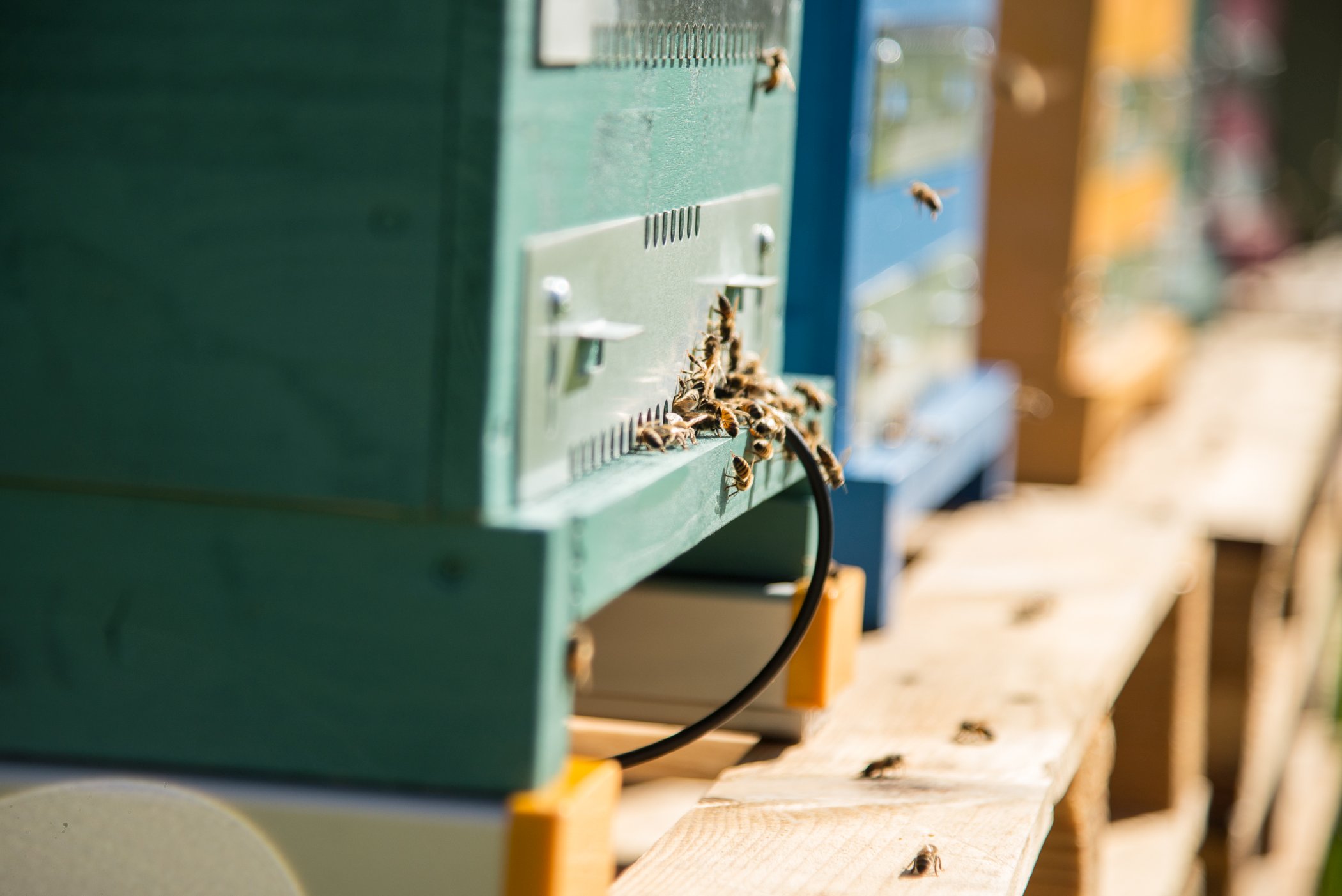Supporting bees with a little help from AI
The significance of bees for human life is immense. By providing essential pollination of the plants that both we and animals eat, these valuable yet overlooked insects are the gatekeepers to our survival. However, due to intensive agriculture, pesticides, poor nutrition, viruses and pathogens, their number has been continuously declining over the past 25 years. They need our help to survive, and algorithms prove to be instrumental in this quest.
The beekeeper’s helper
Addressing the need to maintain healthy bee stocks, the EU-funded HIVE-TECH project developed a hive monitoring and management system. Using proprietary predictive algorithms, HIVE-TECH offers beehive health assessment, yield prediction and maximisation, anomaly detection and automatic disease diagnosis, as well as brooding detection and measurement. Equipped with a multi-operator SIM and solar-powered sensors, the device can perform daily complete beehive status monitoring. It collects GPS-referenced data on humidity, temperature, sounds and weight through two waterproof aluminium rails with high-precision loadcells. An LED display allows real-time weight checking, while a light spectrum detector facilitates the analysis of blooms, sunrise and sunset. HIVE-TECH’s main target is to reduce the die-off of bees: it provides users with proactive suggestions for efficient management, and acts as a decision support system. With all this information to hand, beekeepers can reduce their movement – and carbon footprint – as well as optimise chemical treatments and improve pollination.
From lab to apiary
With the aid of HORIZON 2020 funding, the team managed to conclude the technical refinement of both device and service platform, demonstrate a total of 2 580 devices in the field, and implement its go-to-market strategy. “Our primary objective was to install and validate at least 1 000 hives in 10 countries, verifying that the beekeepers appreciated their benefits and that they functioned efficiently in different climatic conditions as well, and with different beekeeping technologies,” explains Niccoló Calandri, founder and CEO of 3Bee and project coordinator. “In addition, we wanted to develop new machine-learning algorithms to automatically recognise certain events inside the hive.” Launching an agri-tech innovation over the last 2 years has not been the easiest of tasks. “The pandemic certainly had an impact on our approach of reaching users, but we quickly adapted offline events to online formats. We revolutionised our strategy and reduced the use of travel by converting it to an increased online presence,” explains Calandri.
Safeguarding the future of apiculture
“We have launched various projects, such as the one on the sale of sustainable honey, so that beekeepers can have the opportunity to get involved in the online selling world as well,” says Calandri. Through the ‘Adopt your beehive’ programme, consumers become part of the project by investing in their very own production of honey, which they can monitor through a smartphone app. The HIVE-TECH group remains focused on circular economy services with societal and environmental impact. “Having built a dynamic and ambitious gender-balanced team of 25 people, we move with very specific objectives, aiming to help create a sustainable future,” concludes Calandri.
Keywords
HIVE-TECH, bees, device, hive, algorithms, beekeepers, beehive monitoring, apiculture, ecosystem, biodiversity, honey, honeybees







